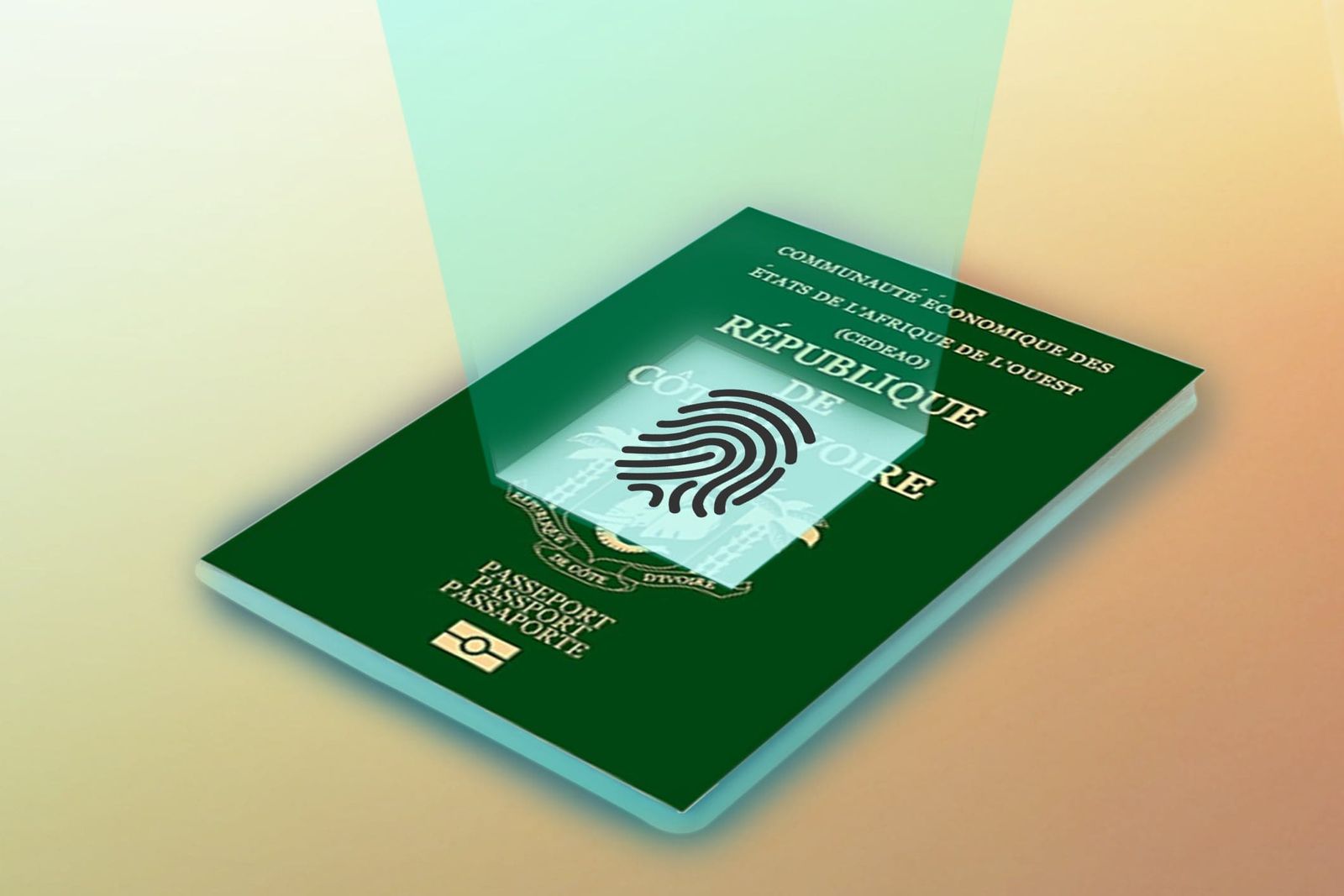In today’s digital era, travel security and convenience are more important than ever. Many countries are now adopting e-passports, also called biometric passports, to enhance border security and streamline international travel.
E-passports store unique biometric data, such as facial recognition or fingerprints, making them extremely difficult to forge. For travellers, they speed up immigration with automated gates and contactless verification. Governments benefit by strengthening border control and reducing illegal entry.
Here are 10 countries now fully embracing e-passports:
- United States – Launched in 2006, US e-passports use advanced chip technology to enhance security and speed up border checks.
- United Kingdom – UK passports store facial recognition data, allowing travellers to pass quickly through automated e-gates at airports.
- Germany – German e-passports include both fingerprint and facial biometrics, meeting strict European Union security standards.
- Japan – Japan issues encrypted biometric passports to protect personal data and ensure smooth verification at international borders.
- Canada – Canadian e-passports feature digital chips that allow travellers to pass customs quickly and securely.
- France – France upgraded its passports with biometric chips to meet EU travel security requirements and improve identity verification.
- Italy – Italian e-passports make travel within the Schengen area and beyond faster and more efficient.
- Brazil – Brazil adopted biometric passports to modernize immigration procedures and improve travel security.
- Mexico – Mexico’s e-passports speed up immigration processing while reducing the risk of document forgery.
- Australia – Australia issues biometric passports with advanced verification systems for citizens and international visitors.
As more nations adopt e-passports, travellers can enjoy safer, faster, and more convenient journeys. The global shift toward biometric passports reflects a shared goal: secure borders and seamless international travel.
Conclusion
E-passports are transforming the way we travel by combining security, speed, and convenience. As more countries adopt biometric passports, international travel is becoming safer and more efficient for everyone.



